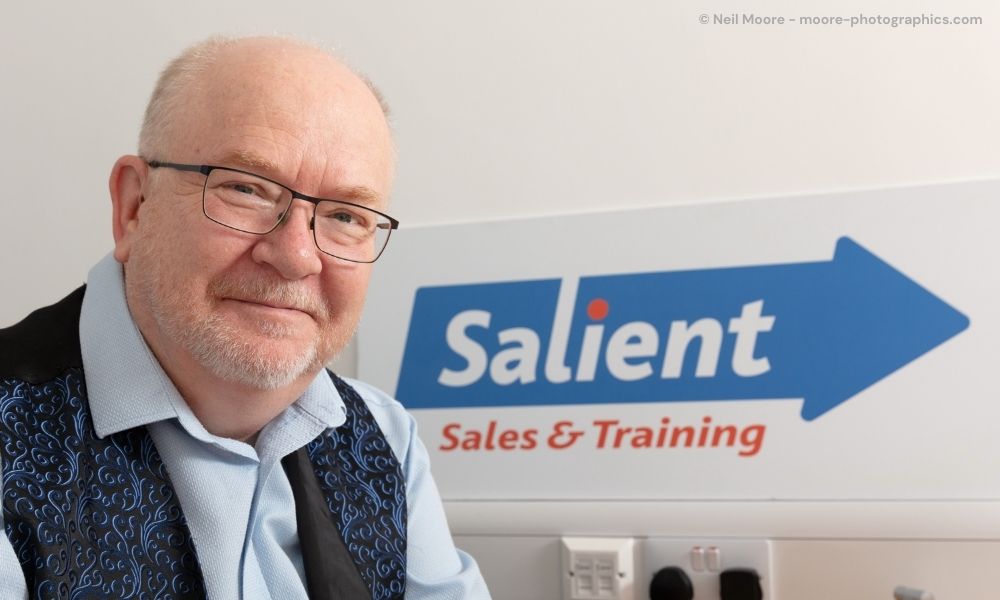Is it good to change? ‘Why make changes when ‘we have always done it that way…..’
I regularly remind people to set aside some time to work ON their business. They are busy digging in their business trenches and moving forward, but how fast are they moving, and are they moving in the right direction?
To extend the analogy, I compare my training and coaching to the action of getting my clients to stand and take a look over the edge of the trench, to see the bigger picture and to check they are going in the right direction. I then give them some sharpened tools to help them move forward more quickly.
This big picture view proves useful in many ways, and in some cases it can change their whole approach to their business. In most cases it is about making some small but significant tweaks that together make a big improvement in income, profit, growth, job satisfaction and even all-of-the-above.
In one particular case I remember helping a lady who was running a business involved in finding long lost relatives and researching family trees. She was running this business for two days every week. The rest of the week she was teaching ‘to pay the bills’. During one of the Salient ‘One-to-One Coaching Days’, a few tweaks were made and then one key question. She realised that her answer to this would change everything.
She had the courage to take that decision and make that change. Her business is now full-time, she employs a large team and gives talks about her business all over the world. That question, and her subsequent answer, she told me had ‘transformed my business’.
If you are prepared to make large, or small changes to your business approach, your practices and processes, then you will reap the rewards.
It is a simple matter of being open to change.
Is it good to change? ‘But we have always done it that way’, cannot be an excuse for not trying a potential improvement. Most changes are reversible so there is no excuse! If you would like to investigate what can be done, what tweaks or changes can be made to move your business onward and upward, I am always open for a chat. Salient has helped many businesses and business leaders to make changes and to grow their businesses. How about yours?
So, what are your thoughts, is it good to change? Are there any changes you’ll be making moving forward? I hope I’ve been able to give you a little more clarity on these questions.
And if you’ve got any further questions, why get in touch? You can do so by HERE or by Email directly!
*Image Credit: © Neil Moore – moore-photographics.com







